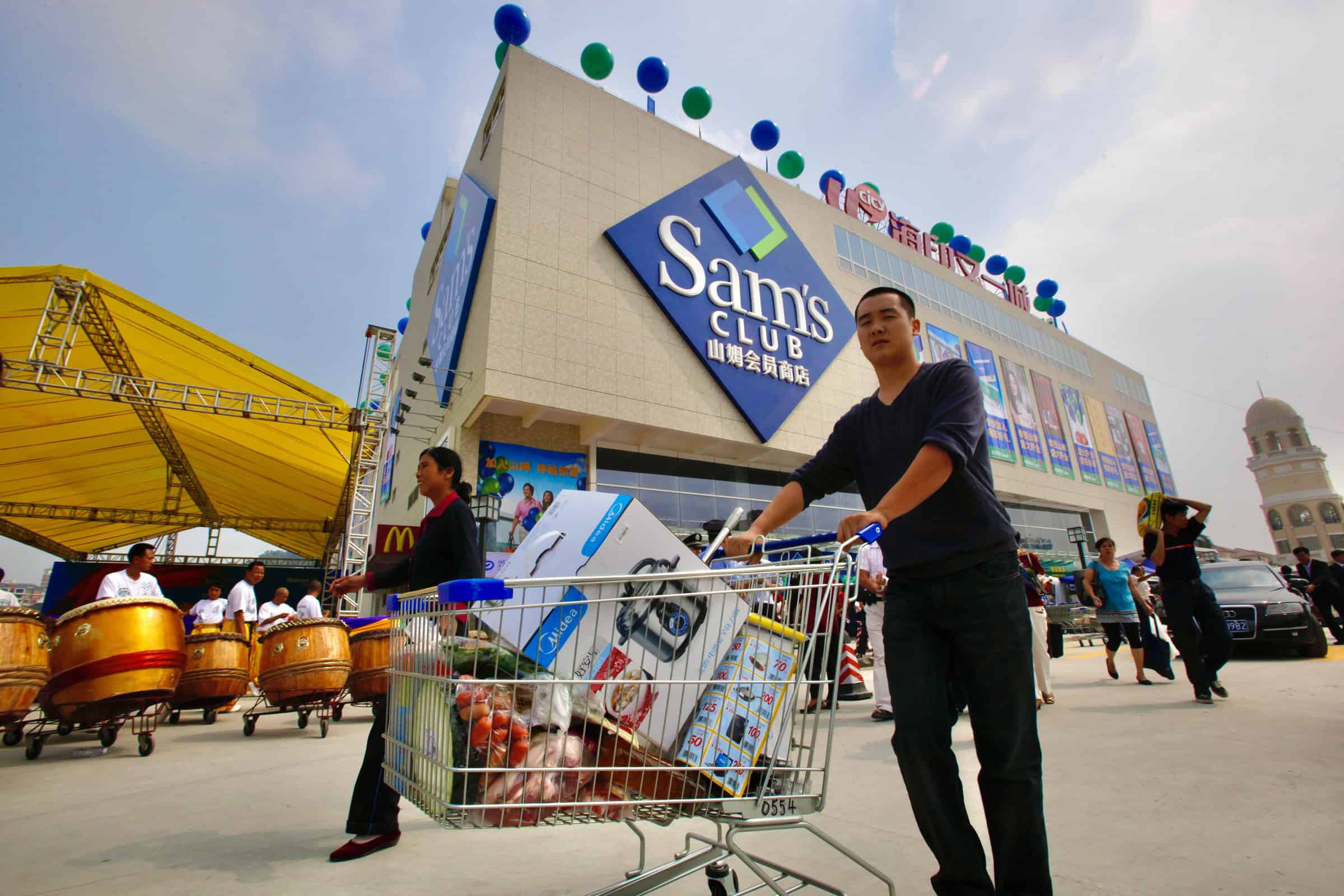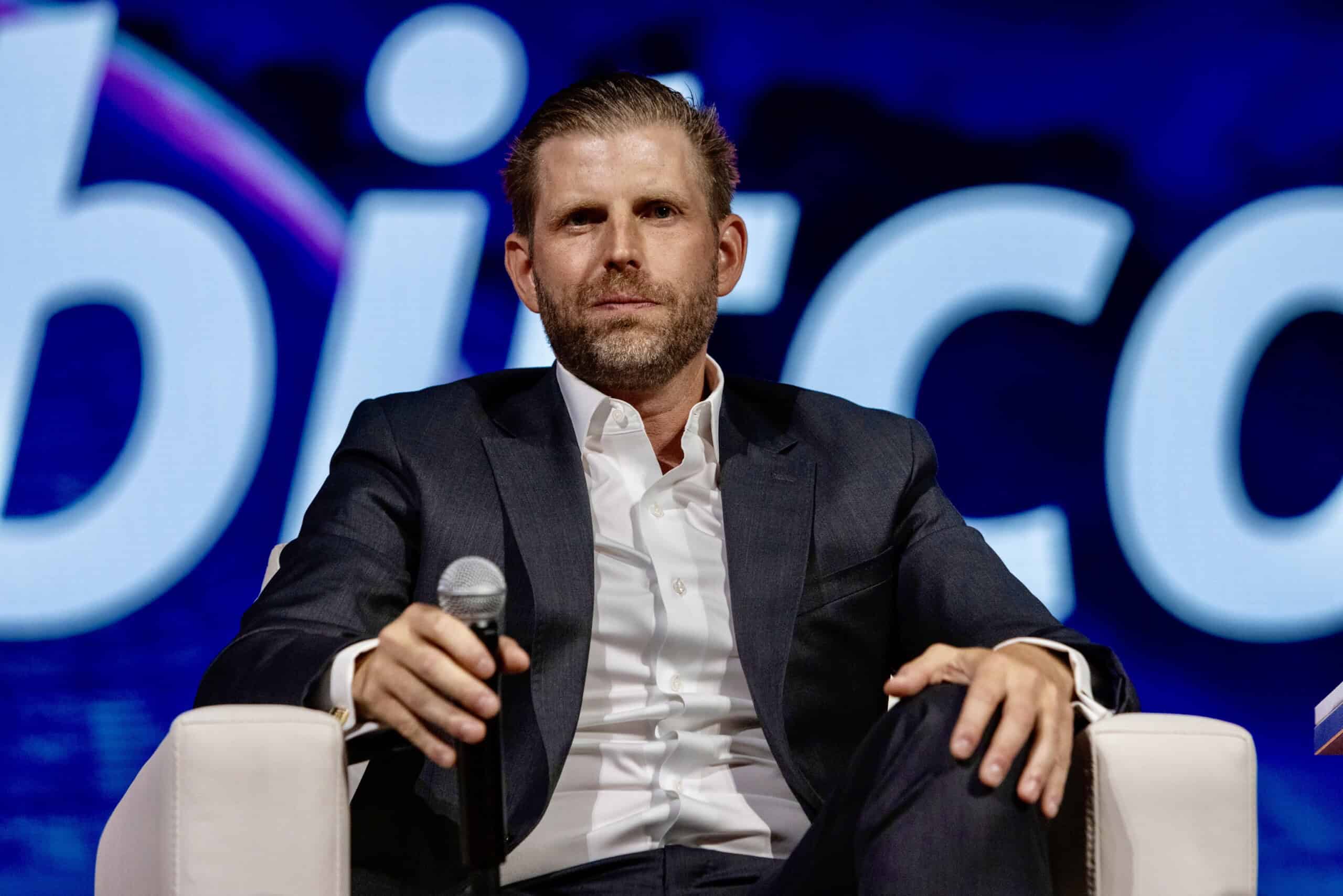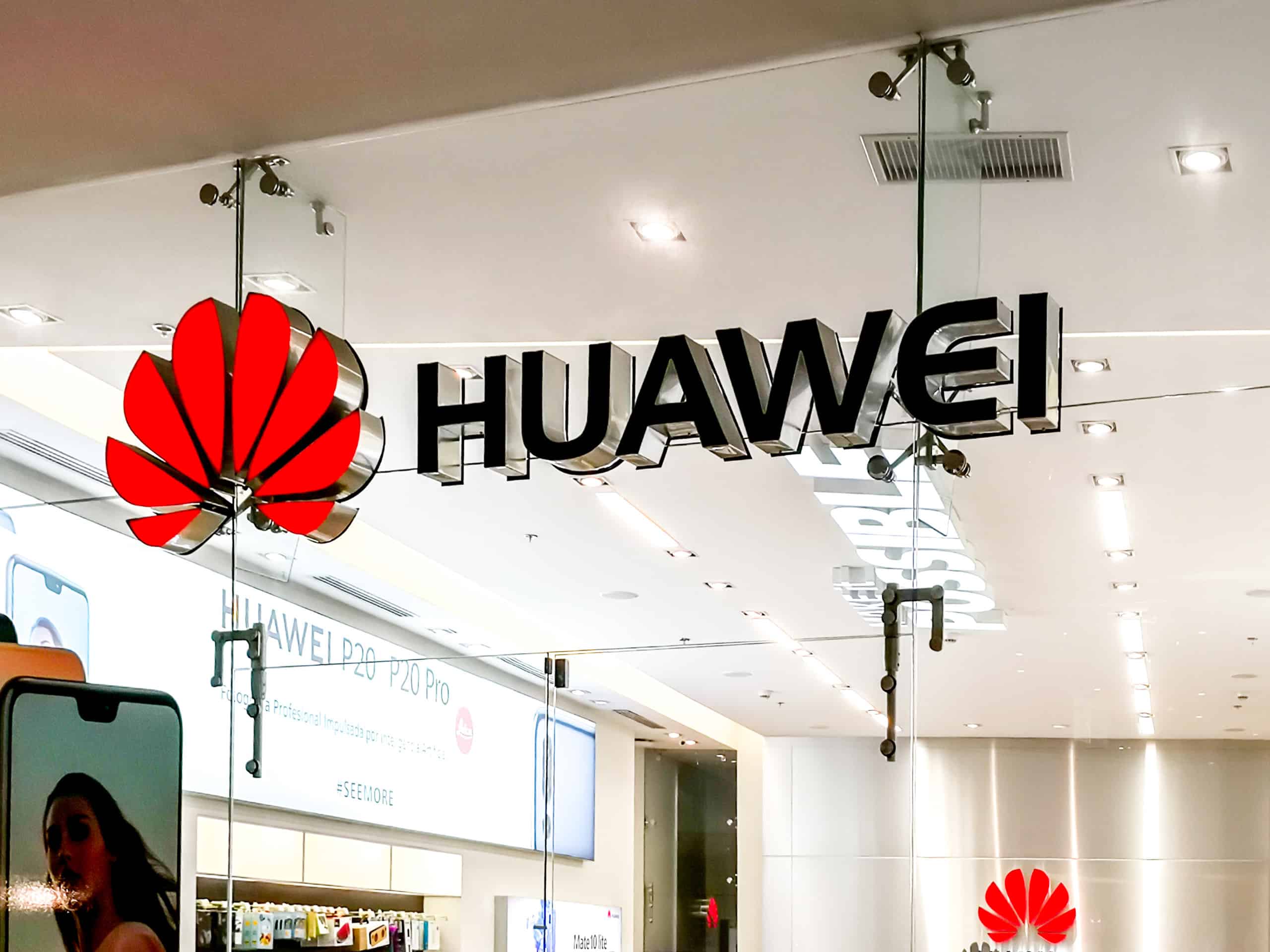Clyde Prestowitz is the founder and president of the Economic Strategy Institute, a research firm concerned with ensuring globalization takes place on a level playing field. Prestowitz served as a counselor to the Secretary of Commerce in the Reagan administration and took part in trade negotiations with China, Japan, Europe and Latin America. He has also worked in business in numerous countries. He earned his bachelor's degree from Swarthmore College; an M.A. from the University of Hawaii and a
Navigate China's Business Landscape with Confidence.
- Gain visibility into supplier risks
- Easily manage trade compliance
- Conduct in-depth due diligence



